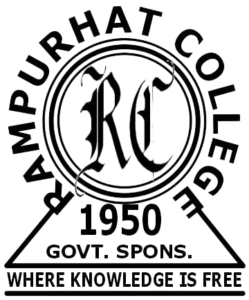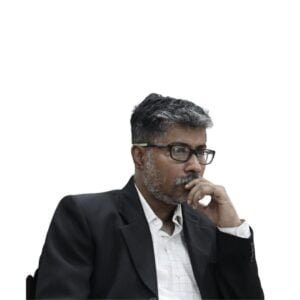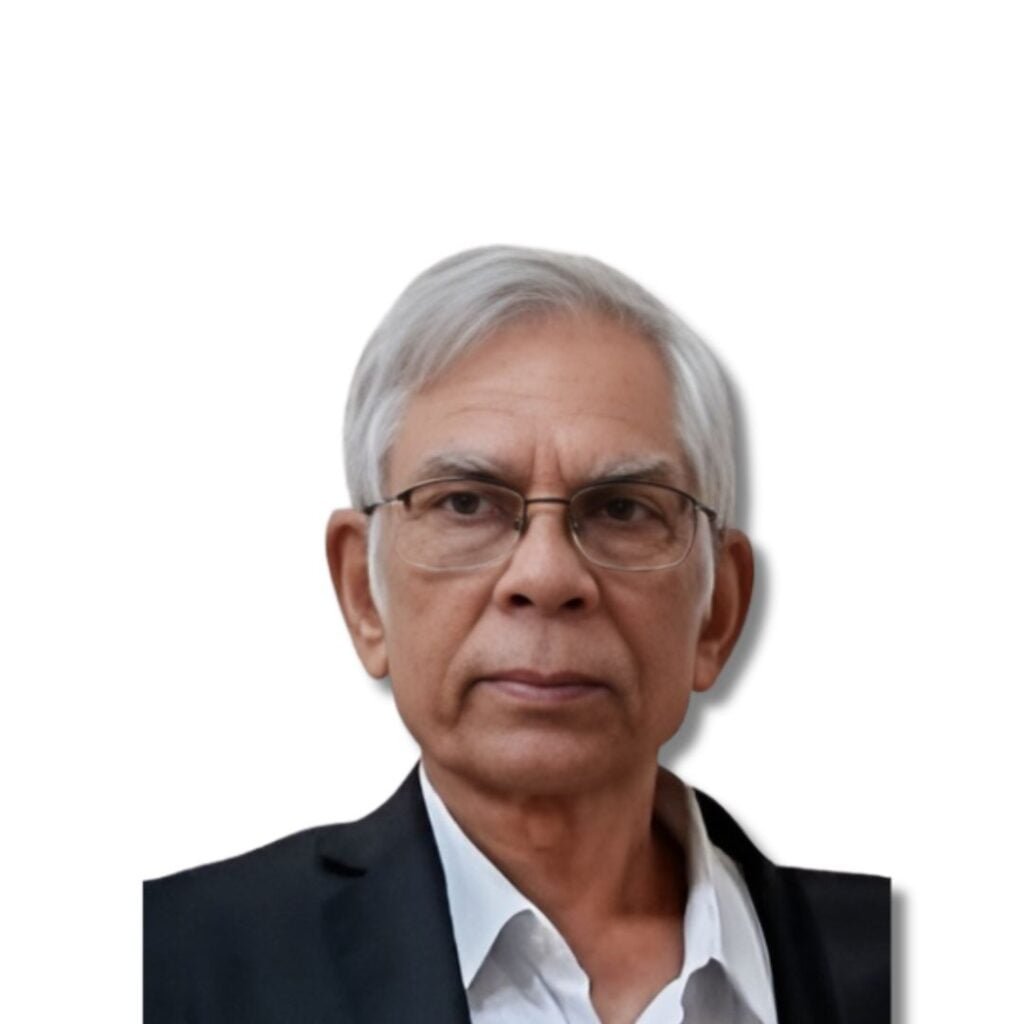Prof. Suman Paul : IAGR Conference 2024
Suman Paul, born in Kolkata, India, holds a Bachelor of Science and Master of Science in Geography from the University of Calcutta. He graduated with first-class honors in 2000 and 2002, specializing in urban geography, environmental hazards, disaster analysis, GIS, and remote sensing. Paul began his professional career as an Assistant Professor at Krishnagar Government College in 2007 and later at Acharya B. N. Seal Government College, where he focused on urban geography and environmental studies. In 2016, he joined Sidho-Kanho-Birsha University, where he served as an Associate Professor until 2019, and was promoted to Professor of Geography in 2019. His tenure at the university has been marked by significant contributions to academic and research activities, including overseeing numerous Ph.D. research projects and coordinating national assessments.
Paul’s research expertise is highlighted by his Ph.D. thesis titled “Emerging Urban Centres – Status and Possibilities: A Case Study of the District of North 24 Parganas, West Bengal,” completed at the University of Calcutta in 2015. His work has been presented at various international, national, and state-level seminars and conferences, and he has published extensively in reputed journals and edited volumes. In addition to his research, Paul has been involved in several academic and administrative roles. He has served as a member of various university committees and boards, including the UG and PG Boards of Studies at Sidho-Kanho-Birsha University and other institutions.
His role as a member and coordinator for the National Assessment and Accreditation Committee (NAAC) has also been significant, with him participating in assessments across various institutions in Maharashtra, Rajasthan, and West Bengal. Paul’s contributions extend to guiding Ph.D. candidates on diverse topics, including coastal tourism, livelihood vulnerability, and environmental impact assessments.
His ongoing research projects cover a range of subjects, from multi-hazards vulnerability assessments to the impact of thermal power plants on the environment. He has been a subject expert in Geography for various commissions and universities, reflecting his expertise and influence in the field. His scholarly work includes numerous research articles published in prestigious journals, covering topics from peri-urban dynamics and cyclonic hazards to the socio-economic impacts of environmental changes. Suman Paul’s academic and professional trajectory showcases a deep commitment to geography, environmental studies, and education. His work has significantly contributed to the understanding of urban and environmental dynamics in West Bengal and beyond, making him a respected figure in his field.
Title of Talk:
Strategic Adaptation and Policy Planning for Cyclonic Hazards: A SWOT-FAHP-TOWS Approach for Agriculture Community in the Indian Sundarbans
Abstract:
The Indian Sundarbans, a vast mangrove delta in West Bengal, is highly vulnerable to cyclonic hazards. The agriculture and fishing communities, which form the backbone of the local economy, are disproportionately affected by these natural calamities. This study aims to develop a comprehensive framework for strategic adaptation and policy planning using an integrated SWOT-FAHP-TOWS approach. The SWOT analysis evaluates internal and external factors influencing the adaptive capacity of the agriculture and fishing sectors, identifying strengths like traditional knowledge systems and naturally resilient mangrove ecosystems, weaknesses like socio-economic vulnerabilities, limited infrastructure, and insufficient early warning systems. Opportunities for improved adaptive strategies emerge in the form of enhanced community engagement, technological interventions, and government policies aimed at climate resilience. The Fuzzy Analytical Hierarchy Process (FAHP) is used to prioritize identified factors and ensure a data-driven decision-making process. The TOWS matrix is applied to develop actionable policy recommendations and adaptation strategies. Four primary strategies are identified: Strength-Opportunity (SO) Strategies: Leveraging the mangrove ecosystem’s natural resilience by promoting ecotourism and sustainable fisheries; Strength-Threat (ST) Strategies: Reinforcing traditional knowledge systems to develop cyclone-resistant agricultural practices and community-level disaster management plans; Weakness-Opportunity (WO) Strategies: Addressing infrastructural inadequacies by promoting government-funded schemes for sustainable development in cyclone-prone areas; and Weakness-Threat (WT) Strategies: Reducing socio-economic vulnerabilities through livelihood diversification, education, and skill development initiatives. Policy recommendations emphasize an integrated and multi-level approach to disaster management and climate adaptation, focusing on community-level strengthening of social capital, state and national policies, international cooperation, and incorporating nature-based solutions.
Key Words: Cyclonic hazards, strategic adaptation, SWOT-FAHP-TOWS, community-level, nature-based.




